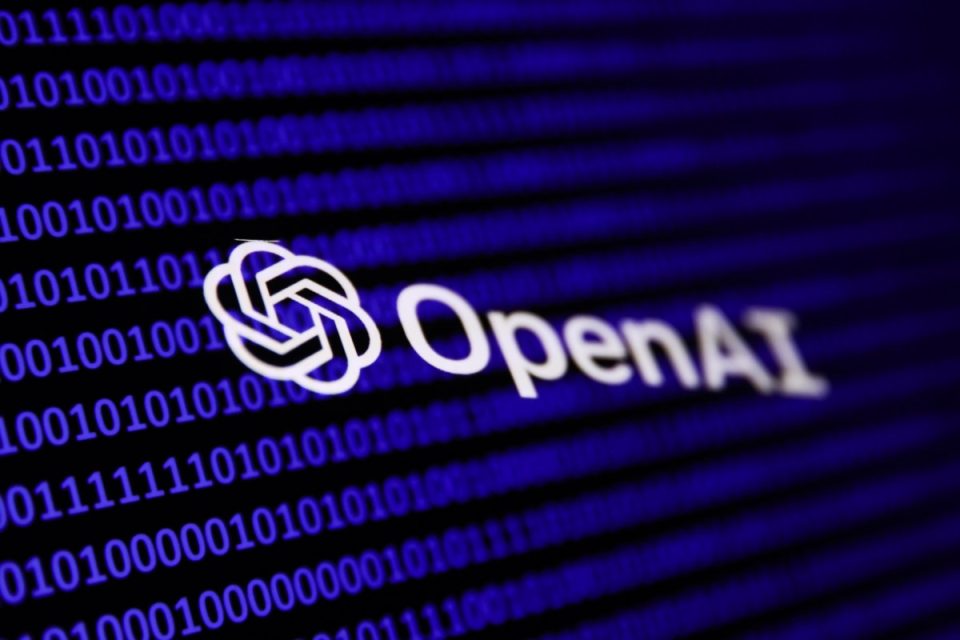OpenAI announced on Friday it’s launching a research preview of Codex, the company’s most capable AI coding agent yet.
Codex is powered by codex-1, a version of the company’s o3 AI reasoning model optimized for software engineering tasks. OpenAI says codex-1 produces “cleaner” code than o3, adheres more precisely to instructions, and will iteratively run tests on its code until passing results are achieved.
The Codex agent runs in a sandboxed, virtual computer in the cloud. By connecting with GitHub, Codex’s environment can come preloaded with your code repositories. OpenAI says the AI coding agent will take anywhere from one to 30 minutes to write simple features, fix bugs, answer questions about your codebase, and run tests, among other tasks.
Codex can handle multiple software engineering tasks simultaneously, says OpenAI, and it doesn’t limit users from accessing their computer and browser while it’s running.

Codex is rolling out starting today to subscribers to ChatGPT Pro, Enterprise, and Team. OpenAI says users will have “generous access” to Codex to start, but in the coming weeks, the company will implement rate limits for the tool. Users will then have the option to purchase additional credits to use Codex, an OpenAI spokesperson tells TechCrunch.
OpenAI plans to expand Codex access to ChatGPT Plus and Edu users soon.
AI tools for software engineers, also known as vibe coders, have surged in popularity in recent months. The CEOs of Google and Microsoft claim that roughly 30% of their companies’ code is now written by AI. In February, Anthropic released its own agentic coding tool, Claude Code, and in April, Google updated its AI coding assistant, Gemini Code Assist, with more agentic abilities.
All that vibe coding has made the businesses behind AI coding platforms some of the fastest-growing in tech. Cursor, among the most popular AI coding tools, reached annualized revenue of around $300 million in April and is reportedly raising new funds at a $9 billion valuation.
Now, OpenAI wants a piece of the pie. The ChatGPT maker has reportedly closed on a deal to acquire Windsurf, the developer behind another popular AI coding platform, for $3 billion. The launch of Codex shows very clearly that OpenAI is building out its own AI coding tools, in addition.
Users with access to Codex can find the tool in ChatGPT’s sidebar, and assign the agent new coding tasks by typing a prompt and clicking the “Code” button. Users can also ask questions about their codebase and click the “Ask” button. Below the prompting bar, users can see other tasks they’ve assigned Codex to do, and monitor their progress.
In a briefing ahead of Codex’s launch, OpenAI’s Agents Research Lead, Josh Tobin, told TechCrunch the company eventually wants its AI coding agents to act as “virtual teammates,” completing tasks autonomously that take human engineers “hours or even days” to accomplish. OpenAI claims it’s already using Codex internally to offload repetitive tasks, scaffold new features, and draft documentation.

OpenAI Product Lead Alexander Embiricos says a lot of the safety work for the company’s o3 model applies to Codex as well. In a blog post, OpenAI says Codex will reliably refuse requests to develop “malicious software.” Furthermore, Codex operates in an air-gapped environment, with no access to the broader internet or external APIs. This limits how dangerous Codex could be in the hands of a bad actor — but it may also hamper its usefulness.
It’s worth noting that AI coding agents, much like all generative AI systems today, are prone to mistakes. A recent study from Microsoft found that industry-leading AI coding models, such as Claude 3.7 Sonnet and o3-mini, struggled to reliably debug software. However, that doesn’t seem to be dampening investor excitement in these tools.
OpenAI is also updating Codex CLI, the company’s recently launched open-source coding agent that runs in your terminal, with a version of its o4-mini model that’s optimized for software engineering. That model is now the default in Codex CLI, and will be available in OpenAI’s API for $1.50 per 1M input tokens (roughly 750,000 words, more than the entire Lord of the Rings book series) and $6 per 1M output tokens.
Codex’s launch marks OpenAI’s latest effort to beef up ChatGPT with additional products besides the notorious chatbot. In the past year, OpenAI has added priority access to the company’s AI video platform, Sora, its research agent, Deep Research, as well as its web browsing agent, Operator, as benefits for subscribers.
These offerings could entice more users to sign up for a ChatGPT subscription, and, in the case of Codex specifically, convince existing subscribers to pay OpenAI more money for increased rate limits.
Maxwell Zeff is a senior reporter at TechCrunch specializing in AI and emerging technologies. Previously with Gizmodo, Bloomberg, and MSNBC, Zeff has covered the rise of AI and the Silicon Valley Bank crisis. He is based in San Francisco. When not reporting, he can be found hiking, biking, and exploring the Bay Area’s food scene.
